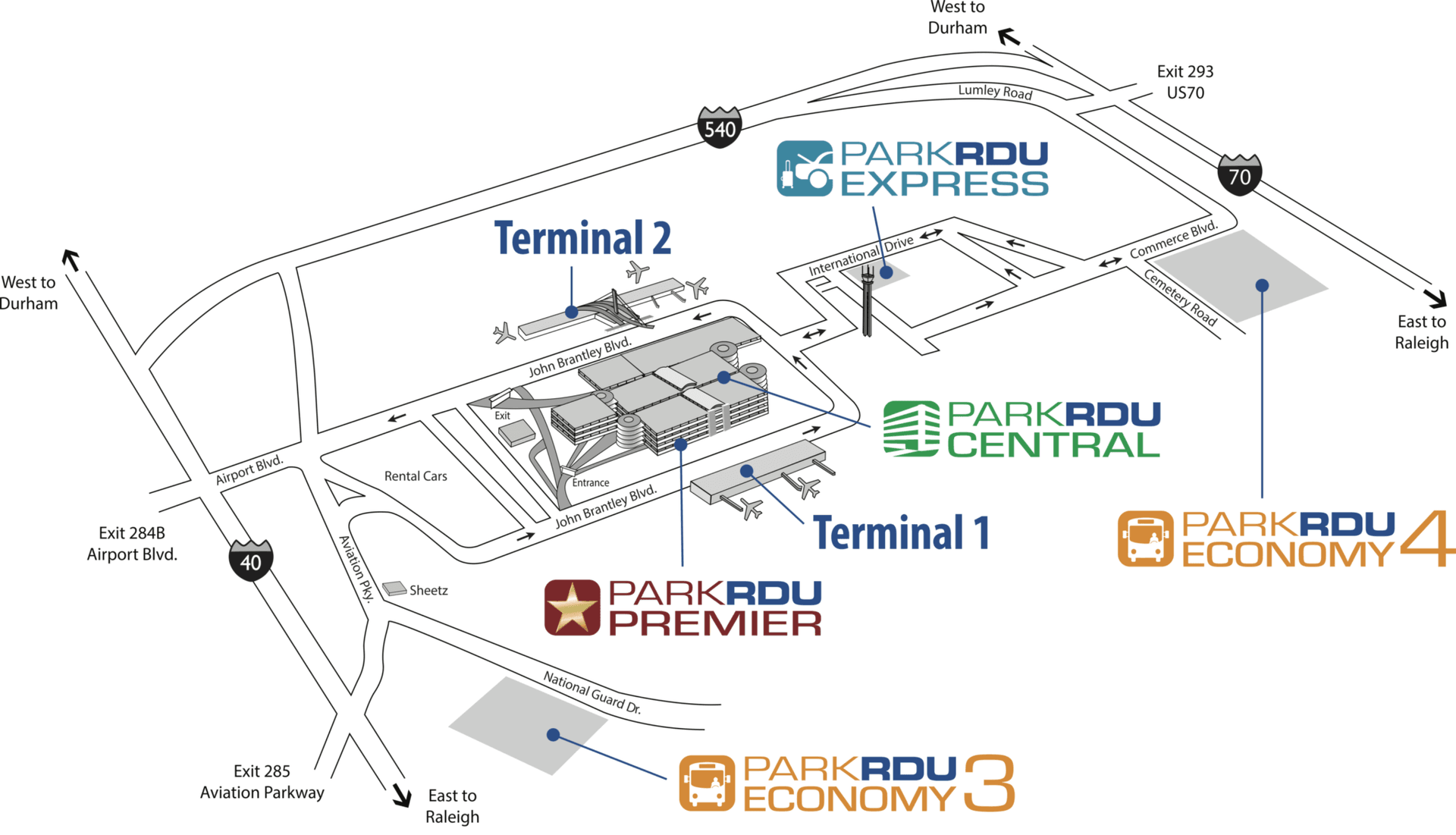Triangle organizations distributed free Thanksgiving meals, turkeys across Wake County
Several Triangle organizations coordinated free Thanksgiving meal and turkey distributions across Wake County and neighboring communities, providing direct food assistance to households during the holiday. The listings, published November 15, 2025, included specific Wake County events such as a Wake County Sheriff s Office and Mount Moriah Community Church giveaway and a Wake Forest Police Department partnership that distributed more than 1,200 frozen turkeys.

Community groups, faith organizations, law enforcement agencies and nonprofits ran multiple Thanksgiving meal and turkey distributions across Wake County and the broader Triangle region, offering immediate relief to families facing food insecurity. A resource list published on November 15, 2025 aggregated events and pickup guidance for residents seeking assistance or volunteer opportunities.
In Wake County, the Wake County Sheriff s Office teamed up with Mount Moriah Community Church to hand out turkeys and nonperishable food on Saturday November 22 at 1500 Garner Road in Raleigh, with distribution conducted on a first come, first served basis. In Wake Forest, the Wake Forest Police Department and Tri Area Ministry operated a drive thru distribution at the Tri Area Ministry Food Pantry on Monday November 24 and distributed more than 1,200 frozen turkeys to residents. The broader roundup also pointed readers to other regional efforts, including Durham Rescue Mission and multiple local churches and community groups that scheduled meal giveaways and pickup events with dates and times.
These short term distributions filled an important gap at a moment of heightened demand, reducing immediate hunger and easing holiday expenses for many households. The use of drive thru logistics and first come, first served arrangements allowed partners to move large volumes of food quickly, but also highlighted operational trade offs. Drive thru systems streamline distribution for those with vehicles, while first come, first served approaches can disadvantage residents with limited mobility or work schedules.
For Wake County leaders and service providers, the events underscore continuing needs for coordinated, year round food access strategies. Strengthening data collection on how many households are served, expanding accessible pickup options, and improving outreach to homebound seniors and low income renters could help translate episodic holiday assistance into more equitable, sustainable support. Volunteer engagement for these events demonstrated strong civic participation, and local officials and nonprofits may look to those partnerships as a basis for broader anti hunger programs.
As the holidays conclude, the aggregated listings served both as immediate help and as a reminder of persistent local needs, prompting discussions about how municipalities, law enforcement and nonprofit partners can plan more inclusive distribution systems in future years.


